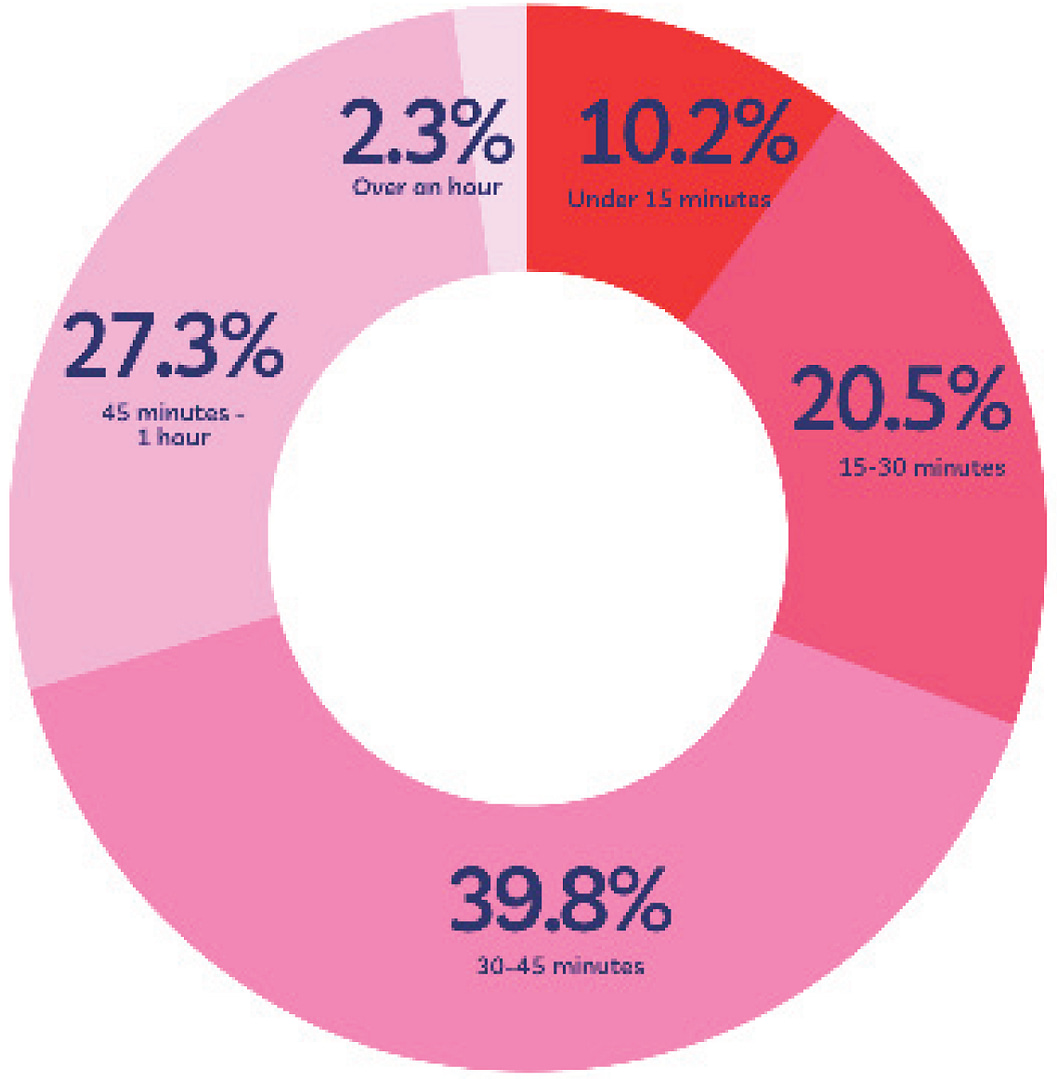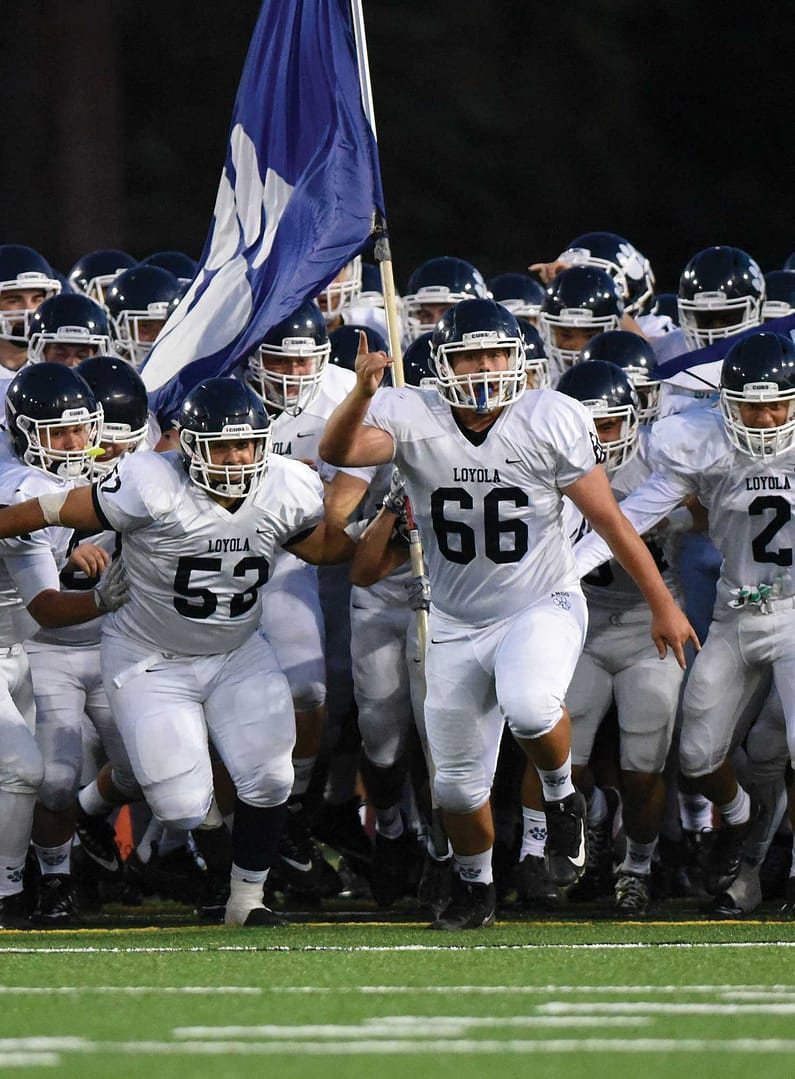The Senior Service Project is the culmination of community service at Loyola High School. It is a formative part of a Loyola education and is frequently cited as one of the most meaningful Loyola experiences.
The Senior Service Project must be preserved and protected to the fullest extent possible. Community service is at the heart of Loyola’s mission to form men for and with others, and anything that detracts from the Senior Service Project detracts from Loyola’s mission.
AP Art History, AP Calculus AB, AP Calculus BC, AP Microeconomics and AP Statistics all have meetings during the Senior Service Project. In fact, AP Calculus BC meets nearly every morning for the first two weeks of the experience.
These class meetings are antithetical to the goal of the Senior Service Project and detract from the immersive experience of the Senior Service Project. Loyola should stop teachers from assigning more work than can be completed during the Christmas or Semester breaks and from holding class meetings during the Senior Service Project.
The Senior Service Project has existed since 1981 and is a graduation requirement for all seniors. Seniors undergo a formative moral and spiritual experience over the three weeks and work directly with underserved or marginalized communities.
Seniors are supposed to be fully present mentally in their projects. Having to wake up early to attend class in the morning or return to Loyola after completing their service can add stress to their days and distract them from concentrating.
Those who support meetings during Senior Service Project cite a need to finish the material in their curriculum in advance of AP testing in May. First, Loyola should not make decisions about the education of its students based on preparing them for a College Board exam; the spiritual and moral development of Loyola students is far more important than how students fare one morning in May on an AP test.
Supporters of the class meetings also cite the need to maintain an academic environment so that students do not lose their knowledge. If students are expected to maintain their knowledge over summer break, they can certainly maintain it over a shorter break in class meetings during the winter.
Furthermore, assigning meaningful work that can reasonably be completed during Christmas Break or Semester Break is a fine way to ensure that students maintain their learning, but any assignments that require work during the Service Project do more harm than good for students.
As a Jesuit institution, Loyola’s mission is to educate the whole person. Loyola already
spends four years centering on the academic enrichment of its students and succeeds in preparing students to be academic leaders. At the very least, the school can spare three weeks to focus solely on the development of young men through service leadership.
Being a man for and with others must center on meaningful community service. By being fully present in the communities in which they serve and undistracted by academic stressors, Loyola students can be more effective Christian servants and grow more fully as leaders for our modern world.







Comments are closed.